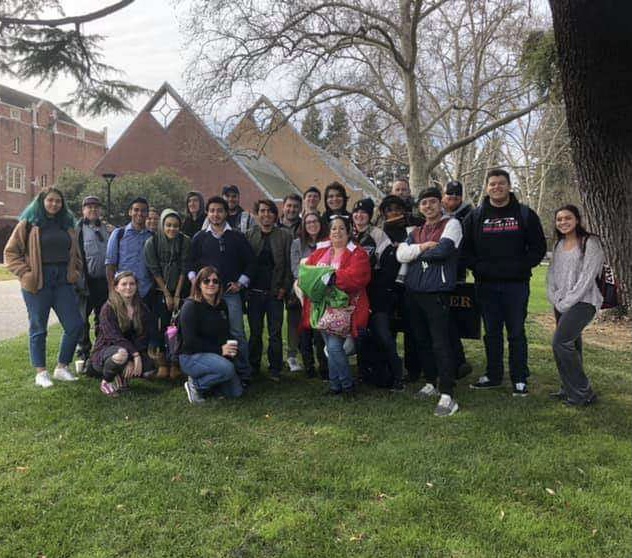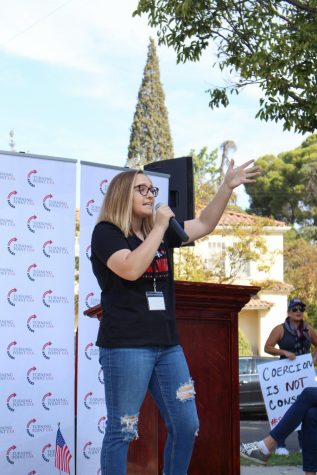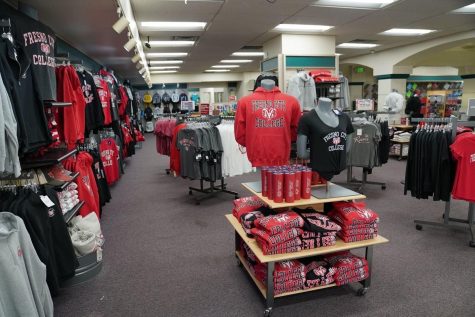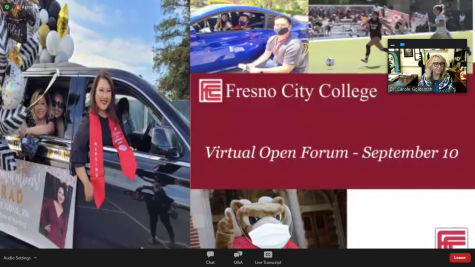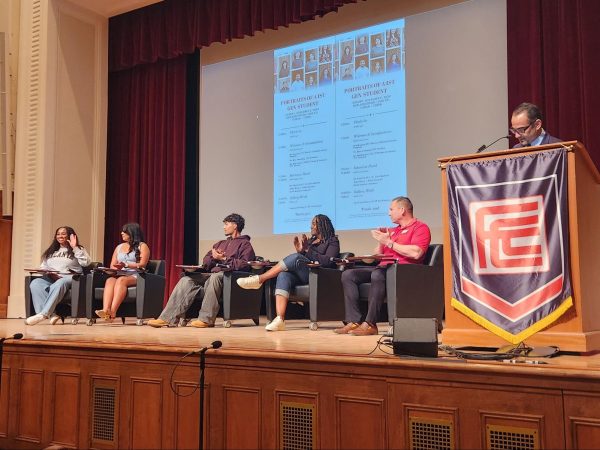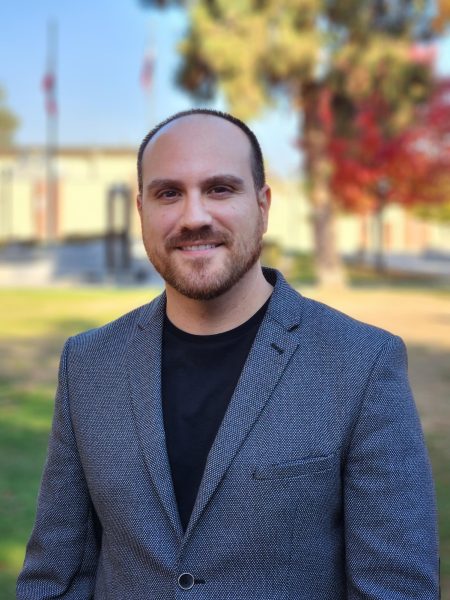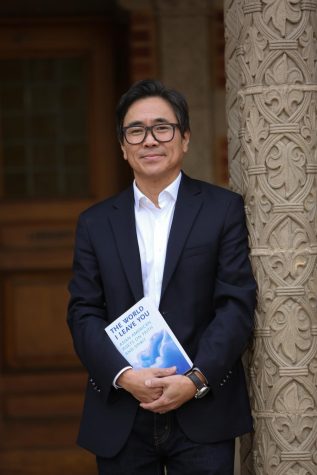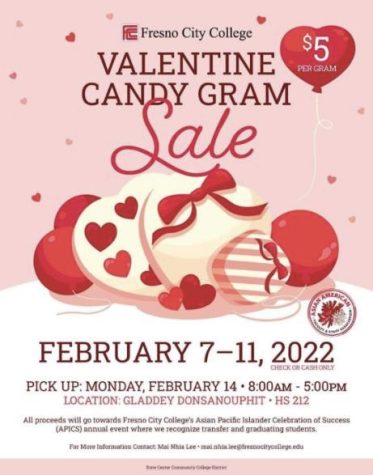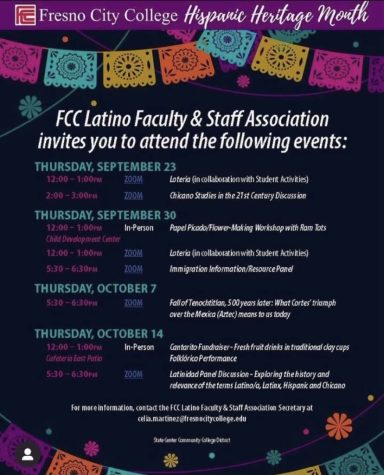Fresno City College’s Forensic Team Carries on Throughout the Pandemic
Fresno City College’s Forensic team has continued preparing for and participating in competitions, but remote learning has impacted their learning experience.
Payton Polanco, English major at FCC, has been with the Forensics team for about a year now after hearing about it from FCC Communications Department Debate Coach, Tom Boroujeni.
The Forensic team is made of three classes, international parliamentary debate, persuasive speech, and informative speaking, that are grouped together for a team-teaching experience.
After finding a love for forensics in high school, Polanco chose to continue debate in college and came from Fresno State to FCC for the forensic team.
Due to lack of recruitment, an after effect of campus closing due to the pandemic, spring 2021 semester enrollment for speech and debate classes has dropped by 40-45%, a majority being debate classes, according to FCC’s Director of Forensics, Eric Fletcher.
Compared to other years, forensics recruitment is also down by 10%, according to Boroujeni.
The rather large shift in the competition environment has been an adjustment, from physically traveling together to only debating online, but Polanco doesn’t think debate has lost its value.
Polanco actually finds competitions more interesting because the team now competes virtually with people coast to coast.
Despite having to make changes in preparation style and the learning environment, Polanco said the team has still been persistent.
According to Fletcher and Boroujeni, there haven’t been many students who dropped the team.
Lab hours are more flexible so the students can find time to practice, especially if a student works multiple jobs due to the pandemic or lives in a busy home.
“I can’t tell you how many students I have in forensics so committed, they’ll come to Zooms in their Amazon trucks on break, pulled over, in an office cubbyhole or outside a restaurant,” Fletcher said. “So, that is bittersweet, because you are honored to have students with that amount of life commitment. But also, it stings.”
In March 2020 as the pandemic began to get worse, Fresno County Health officials canceled the State Forensic Tournament which the team was prepared to attend.
It was also the first forensic tournament cancelled in the United States, according to Fletcher.
Until further notice, all events and competitions are online through an application called Classroom Cloud.
“We wish that we could give them [students] the opportunity and the access to the real experience,” Fletcher said about the virtual competitions.
One FCC forensic group will participate in the Western JV and Novice National Championship set for April 23, 24, and 25, according to Boroujeni.
Polanco, who has competed in tournaments, said the preparation process is intense and requires a lot of research, time, and effort.
Preparing for the championships requires 12 hours of practice a week per group which is mostly done via Zoom, according to Boroujeni.
However, Polanco said knowing the team puts in a lot of hard work, makes competitions more rewarding.
“The activity itself is so amazing. There’s a special kind of rush when you’re in the round and in the thick of things and I don’t think you can really get that anywhere else,” she said.
Policy debate relies heavily on evidence and students can’t make a claim without having evidence for it.
Part of the students preparing for tournaments is finding and organizing evidence to back all possible claims.
Boroujeni said there are hundreds of files and pages of material students must look through.
The files are accumulated evidence that debaters need to find from books and scholarly sources and what they use when they are debating.
It takes lots of storage, fast enough internet connection and the bandwidth on phones isn’t strong enough for debate materials, especially in rural areas, according to Boroujeni.
“It’s impossible to do debate work on your phone, it’s just not going to happen,” he said.
Despite this issue, Boroujeni said coaches’ primary motivation is remembering what students get from this activity, as well as how it will change their life.
To accommodate students, the Fine, Performing and Communication Arts Division provides about 24 hours a week for them to meet for practice, work on speeches, debates or get help in other classes via Zoom.
With the last competition approaching in April, Polanco said it has been intense.
The team has been doing practice debates and in-depth research which she says is easier when there is a great team to help with things.
“There was such a sense of family, and there still is, but I have to say that I miss just being with my team. As oddly specific as it is, I miss having lunch with my team,“ Polanco said.
Zoom features such as breakout rooms allow students to work together but does not compare to being able to work as a group in-person.
Polanco says she has gained so much such as quick-thinking skills and analytic abilities, and without debate she would not have learned them.
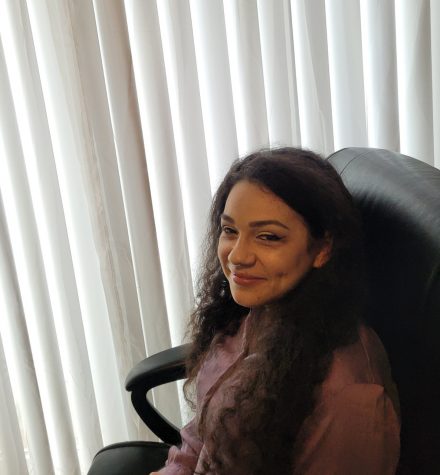
Krystle Nozartash was born and raised in Fresno, California in 1985 and currently resides in Clovis CA. Her love for animals led her to rescue and nurse...

